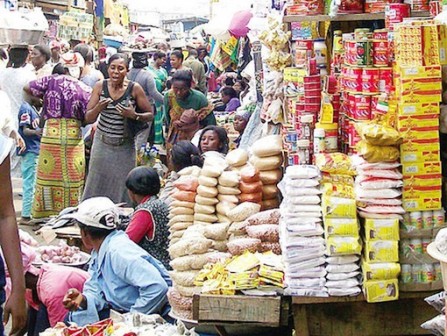More and more Nigerians are going to bed hungry, with food priced beyond their reach at the markets. According to the World Bank, soaring inflation and food prices pushed another seven million Nigerians into poverty in 2021.
Nigeria is currently the poverty capital of the world, with an estimated 102 million people, out of the country’s 200 million inhabitants, living in extreme poverty.
For many families in Nigeria, feeding has become a challenge as prices of foodstuff, staples, and vegetables hit the roof.
Nigeria’s economy has worsened due to the novel coronavirus (COVID-19) pandemic and a dip in the price of crude oil in the global market.
Malnutrition
The country’s nutrition figures were alarming long before the COVID-19 pandemic: One in three Nigerian children suffered stunted growth due to a bad diet, Aljazeera writes.
READ ALSO: Luxury home: Its benefits and where to find it in Lagos
As a result, close to 17 million children in Nigeria are undernourished, giving the country the highest level of malnutrition in Africa and the second-highest in the world.
“Every day, during consultations, there are five or seven children that suffer from malnutrition,” Emiolo Ogunsola, head of the nutrition department at Massey Street children’s hospital in Lagos, tells Aljazeera.
“I bet in a few months or a year, more children will be malnourished.”
Headline inflation
According to the National Bureau of Statistics (NBS), headline inflation in Nigeria currently stands at 17.93% (year-on-year), lower than the 18.12% recorded the previous month.
However, the headline index marginally increased to 1.01% in May (month-on-month).
The June 15, 2021 report also showed that food inflation dropped from 22.72% in April to 22.28% in May.













